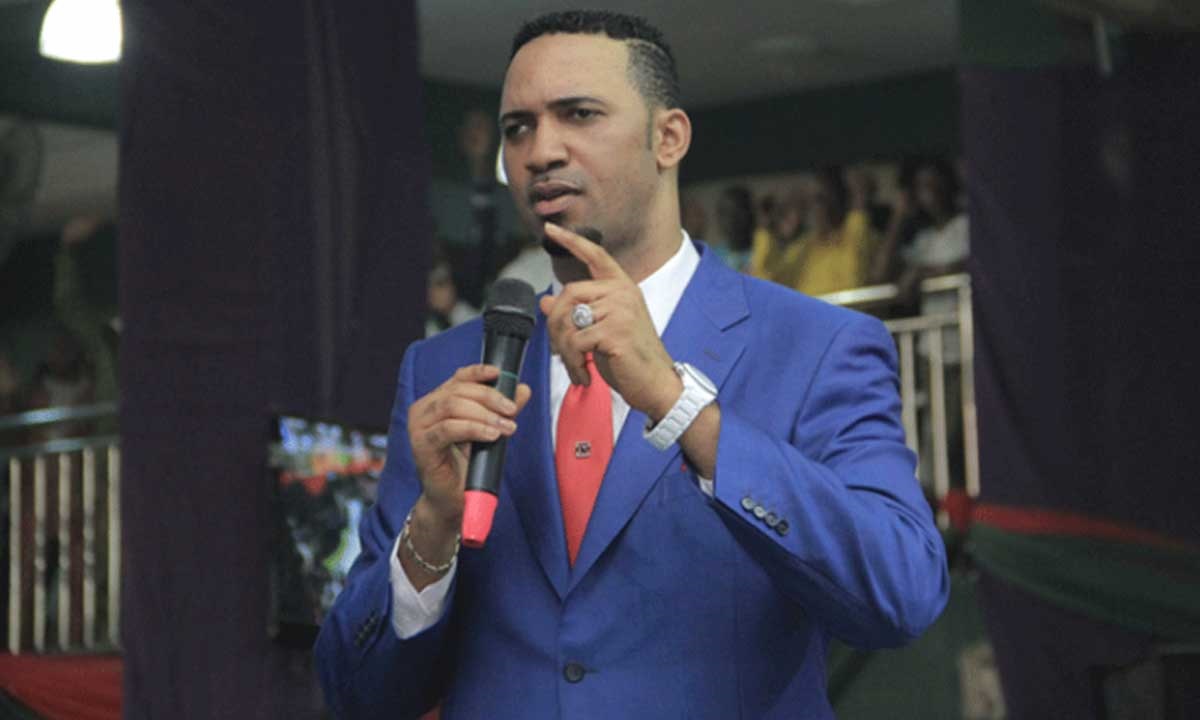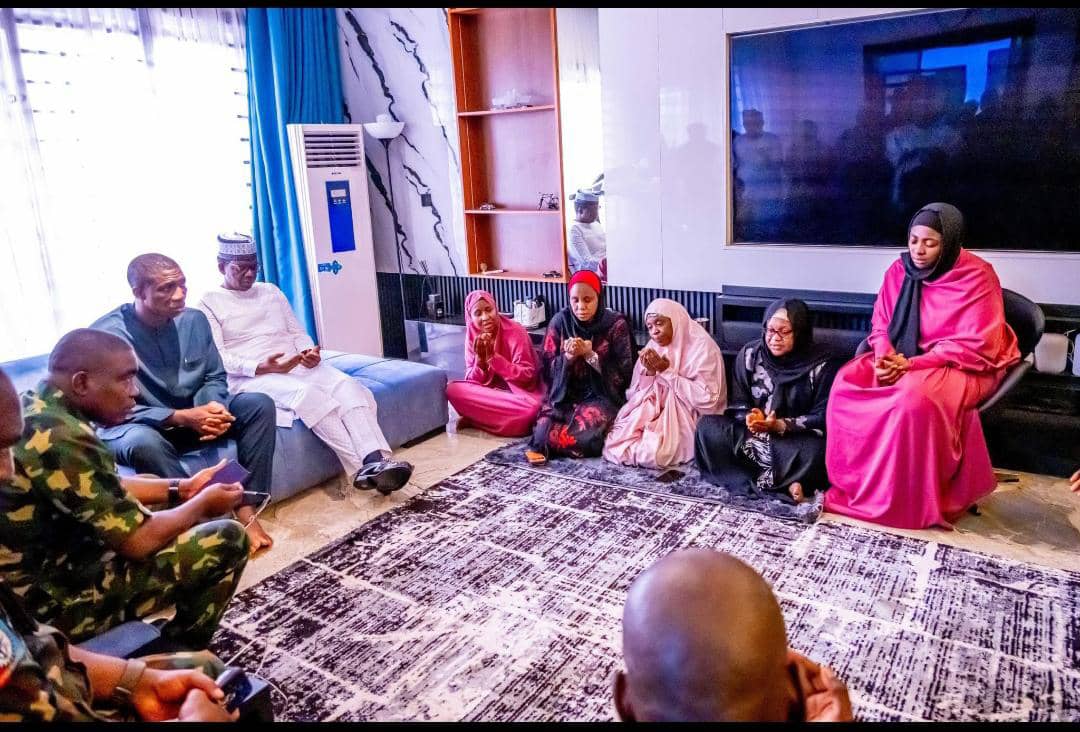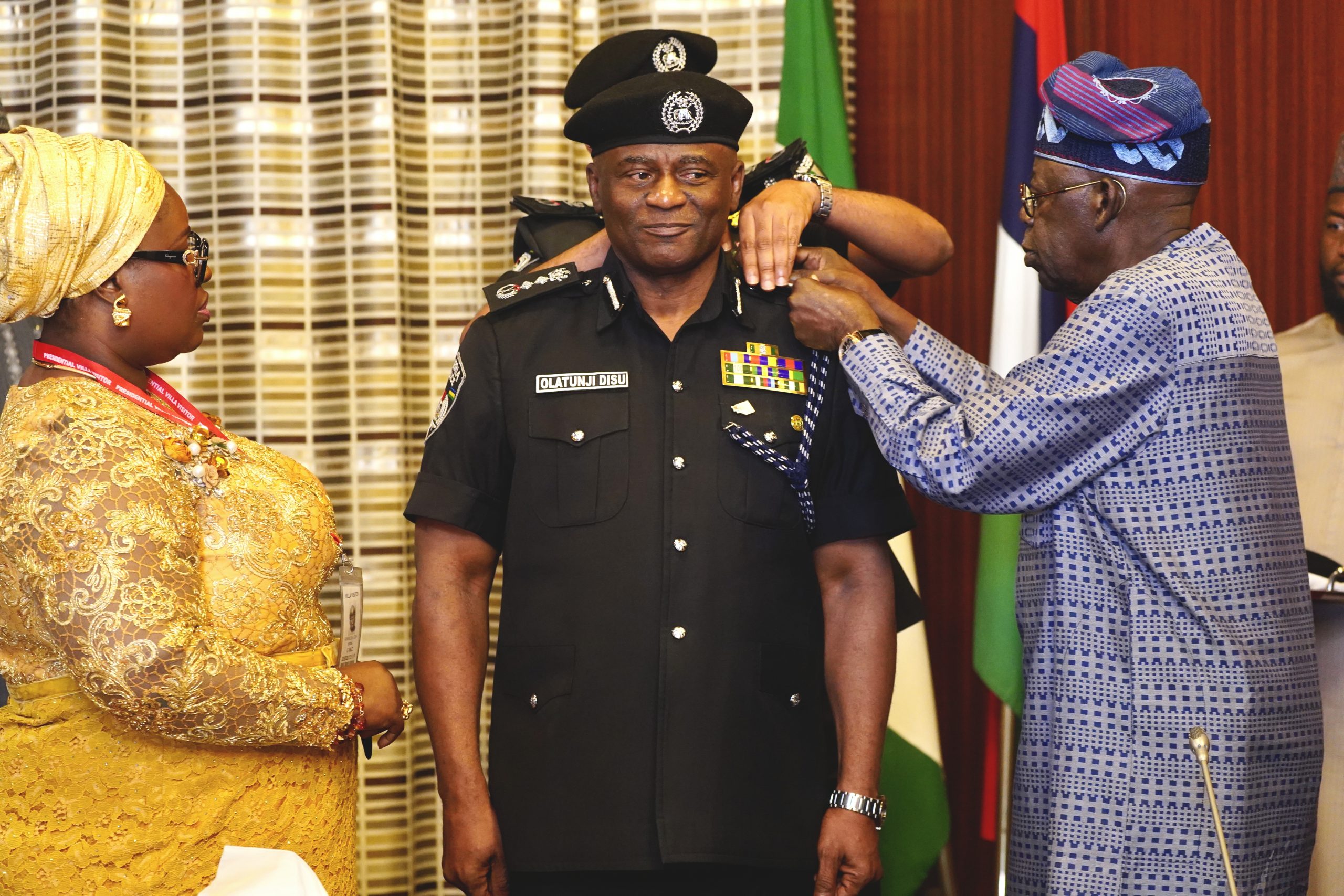By Abbas Jimoh
Stakeholders have urged the National Assembly to legalise constituency projects as part of measures to ensure citizens buy-in, sustainability and positive impacts.
They made the call on Thursday in Abuja at a ‘Stakeholder Roundtable on Local Government Autonomy’, organised by the Civil Society Legislative Advocacy Center (CISLAC).
The event was part of implementing the Zaria Declaration on Strengthening Local Governance and Empowering Traditional Institutions.
The key stakeholders urged the National Assembly to take immediate legislative action on constituency projects.
They emphasised the pressing need to establish a robust legal framework to regulate constituency projects, ensure transparency, and promote sustainability.
Executive Director of CISLAC, Mallam Awwal Musa Rafsanjani, expressed concerns about the current state of constituency projects, calling them unsustainable and unaccountable.
He noted the absence of proper consultation with local governments and communities, concerning constituency projects, leading to abandoned and misaligned projects, not beneficial to the communities.
According to him, without decisive laws, millions of naira risk being wasted on abandoned projects, deepening grassroots underdevelopment.
“Some members say they repair mosques or churches, others take people on pilgrimages, while some build roads where the community actually wants water on the basis of constituency projects,” Rafsanjani said.
He urged the National Assembly to insist on a legal framework that would bind members to consult with local governments so projects can be tracked, maintained, and continue benefiting communities after the members leave office.
Rafsanjani noted that trillions of naira have been wasted on abandoned projects due to lack of prioritization, need assessment, and proper handover. He warned against personalizing public projects and called for synergy between constituency projects and local governments to enable public tracking of spending.
On his part, Gen. Ishola Williams (retd), of Pan Africa Strategic and Policy Research Group provided historical context, tracing many challenges back to Nigeria’s 1966 military coup.
He noted the importance of true fiscal federalism as envisioned by Nigeria’s founding fathers, where communities benefit directly from their resources.
He also criticised the 1999 Constitution for centralizing power and resources at the federal level, causing struggles around resource control and funding for local governments.
Williams explained that in some models, like the United States, communities own their minerals and receive revenue directly, promoting accountability and reducing corruption.
He highlighted that funding flow from federal to state and then to local governments creates bottlenecks and corruption, undermining democracy at the grassroots.
Also, Acting Director of Democracy and Governance at National Institute for Legislative and Democratic Studies (NILDS), Christopher Ngera, expressed concerns about the lack of accountability in local government finances.
He said that often local government budgets are rubber-stamped without proper legislative oversight.
Ngera emphasised the need to balance local government financial autonomy with mechanisms for oversight to prevent abuse of resources.
He commended Rafsanjani’s call for a legal framework for constituency projects, stating that without legality and accountability, resources often end up in private homes or are misused.
He urged for laws that formalize constituency projects and ensure transparency to avoid them becoming internal pockets for opportunistic spending.
Other participants added that abandoned constituency projects often stem from lack of maintenance plans and poor coordination with local governments.
They forum recommended that any constituency project must be accompanied by a clear maintenance plan as a prerequisite.
They said this approach would avoid the typical situation where local governments are expected to maintain projects they have no budget for.
Speaking on the hindsight of the roundtable dialogue, Mallam Rafsanjani, said it was aimed at implementing the recommendations of the Zaria Declaration to overhaul Nigeria’s fragmented local governance structures and rejuvenate traditional institutions.
Highlighting the core problems, Rafsanjani said, “The Zaria Declaration offered us a bold vision, a call for urgent reforms to address the long-standing dysfunction at the grassroots level. Today, we gather not just to revisit those recommendations but to take decisive steps toward translating them into action.”
While noting the structural weaknesses undermining grassroots governance across Nigeria: “We are all witnesses to the deeply entrenched structural and systemic challenges plaguing our local governments.
From the absence of a clear and functional local governance framework to the erosion of fiscal and administrative autonomy and the lack of transparent and accountable institutions, our communities have been left vulnerable, underserved, and underrepresented.
“Those entities once anchored community cohesion. But in the absence of clarity in roles, legal backing, and resource support, these institutions struggle to adapt and contribute meaningfully to democratic and development processes.”





